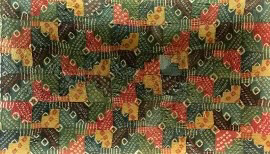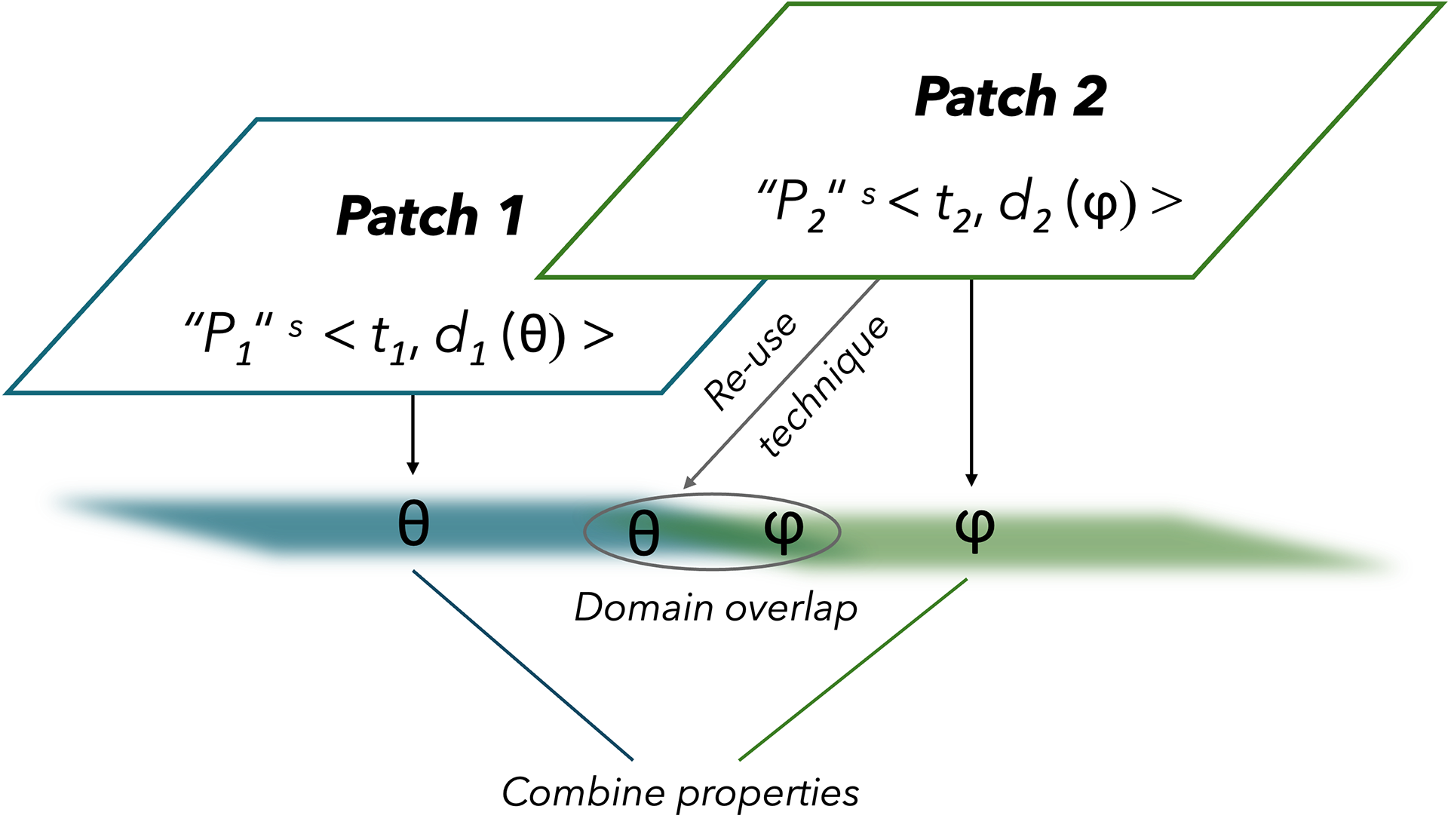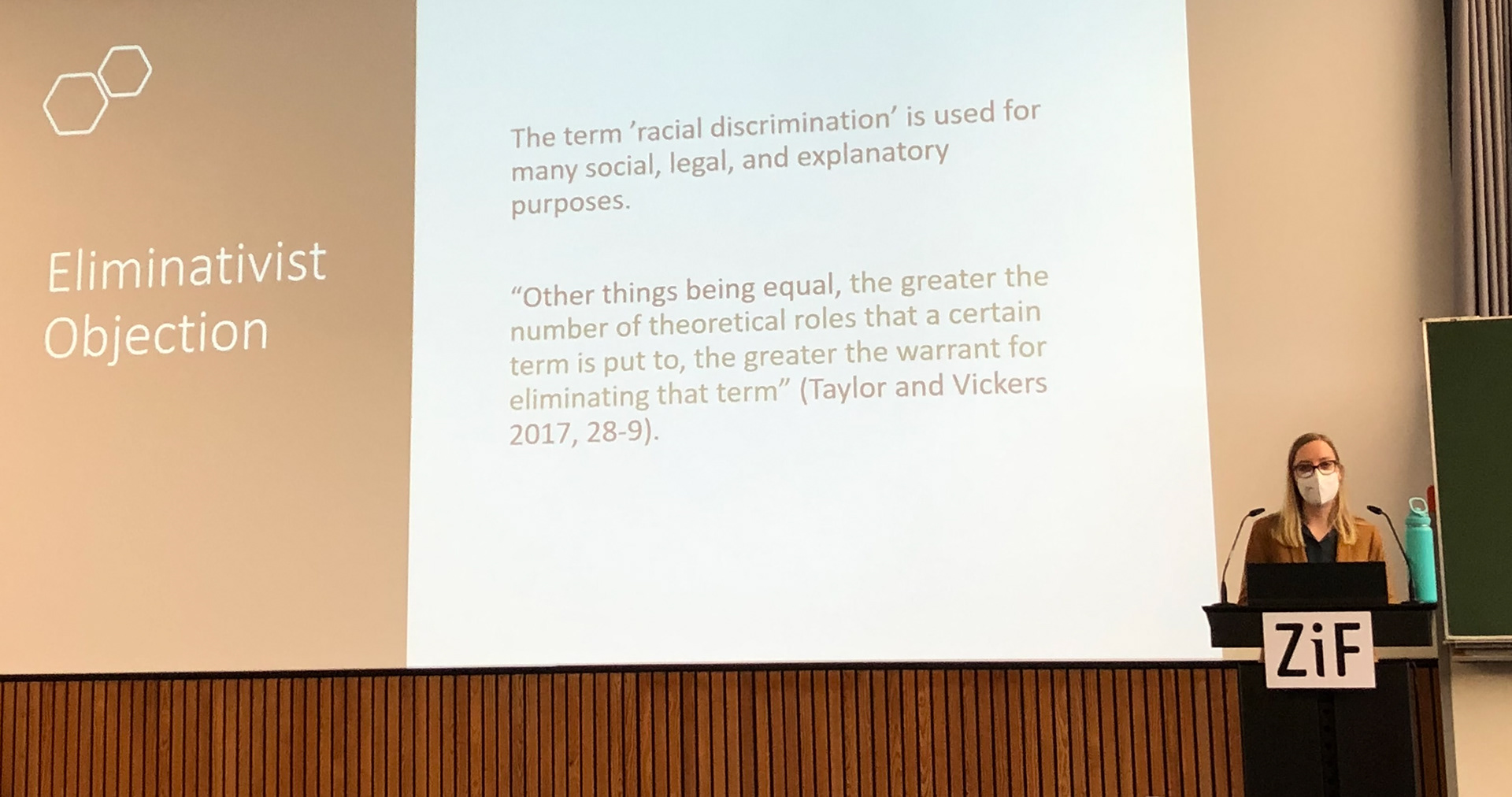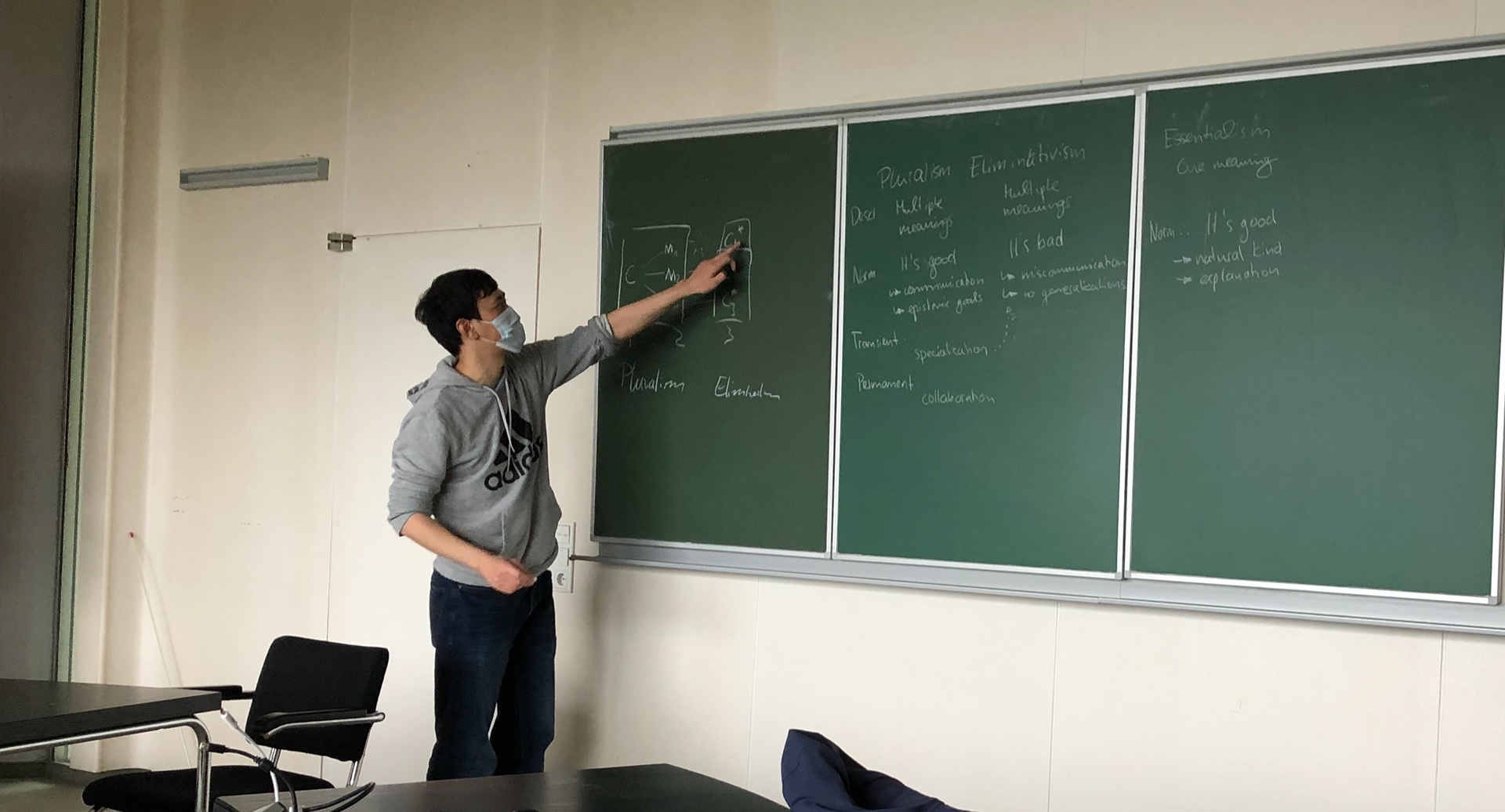
Ancient quilt from the textile museum Lima
Scientific concepts are crucial tools to access, understand and interact with phenomena of the natural and social world. I analyze the formation and development of scientific concepts as complex patchworks, and study when these patchworks succeed or fail to foster scientific understanding.
The conceptual fabric of science:
Patchwork concepts and the dynamics of scientific understanding
My book project explicates norms that distinguish when introducing, extending or revising concepts succeeds or fails to advance our collective scientific understanding of the world. I analyze scientific concepts as patchworks of local uses (patches) which involve techniques to target properties in a specific domain and scale. The norms I explicate have foundational implications for debates about concept pluralism vs. eliminativism, scientific discovery and explanation, and conceptual engineering in science and society.
Scientific concepts as patchworks
Collaborator: Rose Novick (Washington)

Abstract model of scientific concepts as patchworks with multiple patches.
Scientists frequently extend their concepts to novel cases, with the result that the concepts unexpectedly shift their significance and acquire new meanings. I analyze such polysemous concepts as complex patchworks, consisting of multiple patches that involve specific techniques (t), are applied to a specific domains (d), and target different properties (θ) at a particular scale (s). A patch is legitimate when its technique is reliable, its domain homogenous, and its property significant reach epistemic goals. A patchwork concept exhibits pragmatic unity when its patches realize the same general reasoning strategy, its techniques can be re-used to target neighboring patches, their domains overlap and their properties can be combined to better achieve an epistemic goal (e.g. describing or explaining a phenomenon).
The structure and development of concepts in the life sciences
Centre for Interdisciplinary Studies (ZiF), Bielefeld
Feb 7-9 2022, co-organizers: Morgan Thompson & Marie Kaiser (Bielefeld)

Morgan Thompson on measuring racial discrimination

Yafeng Shan in a session on conceptual structure
The life sciences have become a leading field of research in the 21st century, partly due to the introduction of new concepts (“gene”, “homology”) or the modification of old ones (“memory”, “hierarchy”, “race”). While detailed case studies of these concepts exist, philosophers of science lack general models to describe the structure and development of concepts across biology, neuroscience and cognitive science. The workshop discussed such models, which will deepen our philosophical understanding of concepts in science and beyond, help life scientists build better concepts needed to develop powerful theories, and allow the broader public to evaluate the use of such concepts in sociopolitical contexts.
The formation of high-impact concepts in the humanities
Collaborator: Jan Slaby (Berlin)
We analyze the discursive dynamics of high-impact concepts in the humanities, which have a lasting and wide-ranging effect on research and our understanding of discursive reality in general. We use the normative conception of practices with recent work in philosophy of science to show the formation of concepts can be identified by changes in how practitioners hold exercise of their conceptual capacities accountable when producing knowledge about a phenomenon. Using the formation of the concepts “mechanism” and “performative” as examples, we shows how high-impact concepts reconfigure what is at issue and at stake in conceptual practices.